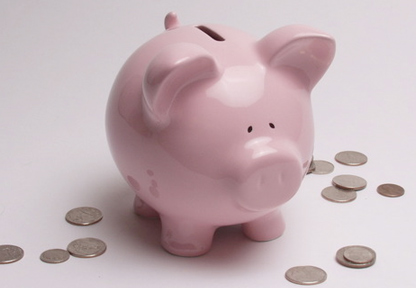Tax Refunds and Disposable Income in Chapter 13 Bankruptcy
Disposable income refers to that part of your total income which is in excess of the income you require for reasonable and necessary expenses such as food, transportation and shelter. Form 22C which is submitted by the debtor as a part of the Chapter 13 bankruptcy petition states the disposable income which is used to pay your non-priority unsecured creditors. Your trustee will demand you to pay all of your disposable income into the repayment plan. It must be noted that when you mention your expenses in the Form 22C, you have to use specific amounts that are based on local or national standards in place and for very few expenses you can use the actual amount.
If your average income (last six-month income before the filing of bankruptcy) is less than the median state income for the same size household then it is generally assumed by the court that you have no disposable income and you can getaway with paying little or perhaps nothing at all to your non-priority unsecured creditors. In case you are above this median state income and your calculated disposable income comes out to be positive after deducting expenses (pertaining to local & national standards as well as to certain actual amounts), then you need to multiply this amount by 60 (w.r.t. to 60-month plan) to get the total amount you need to pay your non-priority unsecured creditors over a period of 5 years. It’s worth mentioning here that if you are below the median then the period could be 3 years as well.
The tax refunds you get during the entire period of the plan are going to be closely monitored by the Chapter 13 trustee and if you are paying any less than the entire amount owed to the non-priority unsecured creditors, then the trustee has the discretion to take away the tax refunds for paying these creditors. The logic behind this moot point is that when your disposable income was calculated for the repayment plan such tax refunds were not part of it and therefore it is assumed that you can pay for all the necessary expenses as well as the required disposable income without these refunds. Due to this reason, tax refunds in majority of cases will be treated as a part of disposable income.
The options are limited when it comes to get an excuse from paying the tax refunds into the repayment plan. One of the most common methods used to get an excuse is to prove to the court that you need the tax refund money for some unexpected and necessary expense. However, proving this is not an easy task as you cannot get excused for buying food, making car payment, paying utility bills etc. that are covered usually by your regular income. Some valid reasons to get an excuse include unexpected medical emergency, funeral expenses, car replacement if it’s beyond repair after an accident, etc.
You can also mention in the language of the plan that you will not commit consequent tax refunds into the plan though it has to be backed up with a compelling reason. It has worked in some cases but largely it will face stern opposition from the creditors regarding your intentions and courts may even question your eligibility for Chapter 13 if you have to include tax refunds in your average income. Adjusting employment tax withholding to reduce the refund amount or filing bankruptcy after the refund amount is used are also employed to get an excuse on tax refund.
[paypal-donation]













